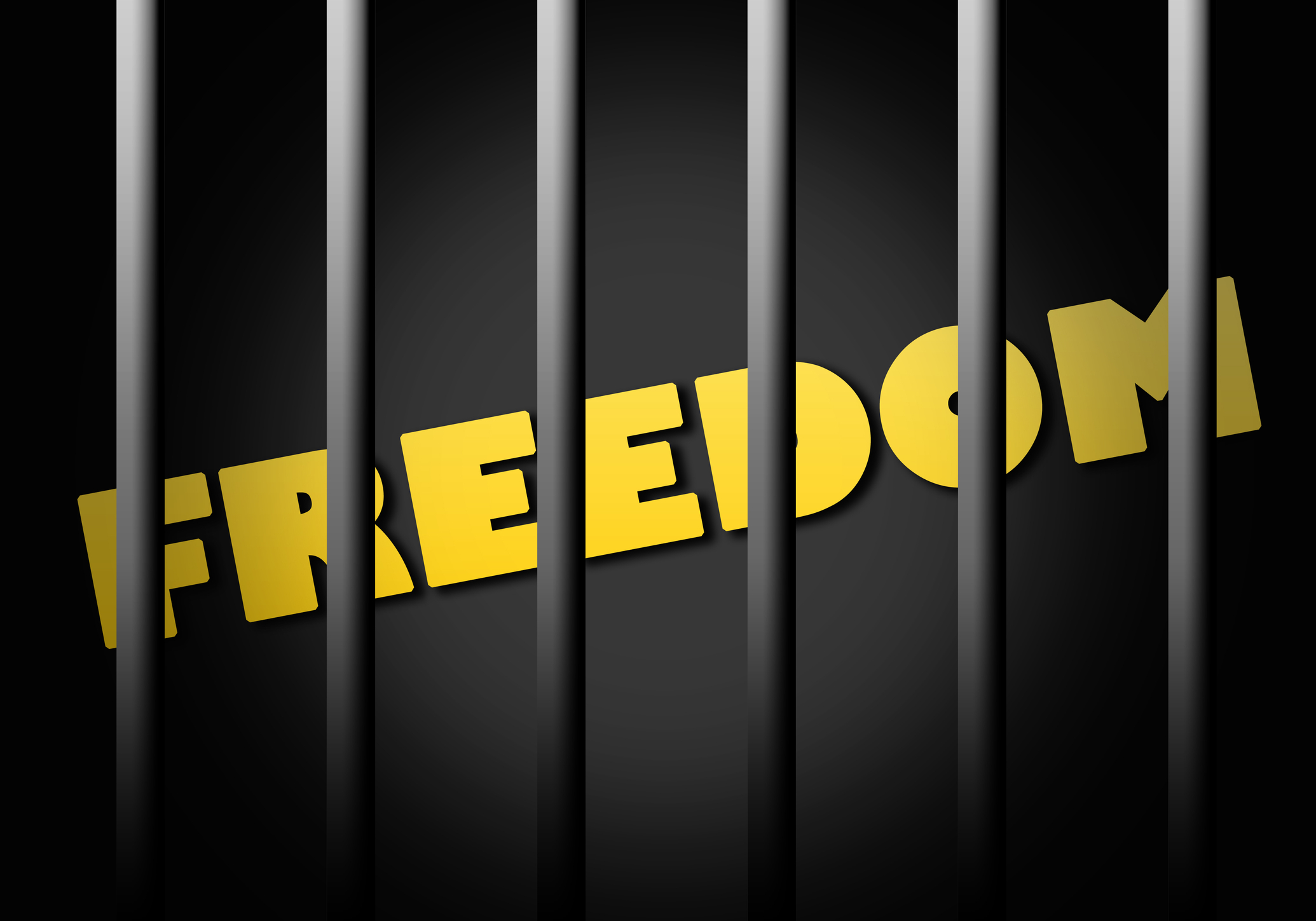Narcissistic abuse is a term that describes the emotional and psychological damage inflicted by individuals with narcissistic traits. It often involves manipulation, control, and emotional neglect, leaving victims feeling confused and isolated. In response to the growing need for support, many individuals are turning to become narcissistic abuse recovery coaches. These professionals guide and support survivors through their healing journey, offering tools and strategies to rebuild their lives.
Understanding Narcissistic Abuse
What is Narcissistic Abuse?
Narcissistic abuse occurs when a person with narcissistic personality traits uses manipulation and control to dominate and harm their partner or others. This abuse can be covert or overt, involving tactics such as gaslighting, emotional blackmail, and belittling. The goal is often to undermine the victim’s sense of self and control their behavior.
Common Signs and Symptoms
Victims of narcissistic abuse often experience a range of symptoms, including chronic self-doubt, anxiety, depression, and a diminished sense of self-worth. They may struggle with confusion, guilt, and an inability to make decisions, as their abuser has consistently undermined their confidence.
The Impact on Victims
The psychological impact of narcissistic abuse can be profound, often leading to long-term emotional scars. Victims may experience PTSD-like symptoms, struggle with trust issues, and have difficulty establishing healthy relationships in the future.
Essential Qualities of a Recovery Coach
Empathy and Compassion
To effectively support individuals recovering from narcissistic abuse, a recovery coach must possess deep empathy and compassion. Understanding the pain and trauma experienced by victims is crucial for providing the right kind of support.
Strong Communication Skills
Effective communication is key to successful coaching. Recovery coaches must be able to listen actively, ask insightful questions, and provide clear and constructive feedback to help clients navigate their recovery journey.
Patience and Resilience
Working with individuals who have experienced narcissistic abuse requires patience and resilience. Recovery is a gradual process, and coaches must be prepared to support their clients through ups and downs, maintaining a steady and encouraging presence.
Educational Requirements
Relevant Degrees and Certifications
While there is no specific degree required to become a narcissistic abuse recovery coach, backgrounds in psychology, counseling, social work, or related fields are beneficial. These degrees provide foundational knowledge of human behavior and mental health.
Specialized Training Programs
Several training programs focus specifically on narcissistic abuse recovery. These programs offer specialized knowledge and techniques tailored to the needs of survivors. Completing such programs can enhance a coach’s credibility and effectiveness.
Obtaining Certification
Certification Organizations and Their Requirements
Various organizations offer certification for recovery coaches. These certifications typically require completion of a training program, passing an exam, and demonstrating practical experience. Examples include the International Association of Professional Recovery Coaches (IAPRC) and the National Board for Certified Counselors (NBCC).
The Process of Certification
The certification process involves several steps: enrolling in an accredited training program, completing coursework and practical training, and passing a certification exam. Ongoing professional development and recertification may also be required to maintain credentials.
Building Your Expertise
Gaining Experience through Volunteering or Internships
Volunteering or interning with organizations that support victims of abuse can provide valuable hands-on experience. This exposure allows aspiring recovery coaches to develop practical skills and understand the nuances of working with survivors.
Continuing Education and Professional Development
Staying updated with the latest research and techniques in recovery coaching is crucial. Attending workshops, webinars, and conferences can help coaches enhance their skills and knowledge, ensuring they provide the best support to their clients.
Developing a Coaching Practice
Setting Up Your Coaching Business
Starting a coaching practice involves several steps, including registering your business, setting up a workspace, and creating a business plan. It’s important to define your services, pricing, and policies to attract and retain clients.
Establishing a Client Base
Building a client base requires effective marketing and networking. Consider creating a professional website, utilizing social media, and joining relevant support groups to reach potential clients.
Marketing Your Services
Marketing strategies for recovery coaches can include content creation (blogs, videos), public speaking engagements, and partnerships with other professionals in the mental health field. Showcasing your expertise and success stories can help attract clients.
Tools and Techniques for Recovery Coaching
Effective Counseling Methods
Recovery coaches use various counseling methods, including cognitive-behavioral techniques, mindfulness practices, and trauma-informed care. These methods help clients understand their experiences and develop coping strategies.
Developing Personalized Recovery Plans
Each client’s recovery journey is unique. Developing personalized recovery plans involves assessing their specific needs, setting goals, and creating actionable steps to achieve those goals.
Utilizing Support Groups and Resources
Incorporating support groups and additional resources can provide clients with additional avenues for support and connection. These resources can complement the one-on-one coaching experience.
Challenges in the Profession
Managing Emotional Burnout
Working with individuals who have experienced trauma can be emotionally taxing. Recovery coaches must practice self-care and seek supervision or peer support to manage burnout effectively.
Dealing with Difficult Clients
Some clients may present challenges, such as resistance to change or relapses. It’s important for coaches to remain patient and adapt their strategies to meet the needs of each client.
Ethical Considerations
Maintaining Professional Boundaries
Establishing and maintaining professional boundaries is crucial in coaching. Recovery coaches should ensure that their relationships with clients remain professional and focused on the client’s needs.
Ensuring Confidentiality
Confidentiality is a fundamental aspect of coaching. Coaches must protect their clients’ privacy and handle sensitive information with the utmost care.
Networking and Professional Growth
Joining Professional Associations
Becoming a member of professional associations can provide valuable networking opportunities, resources, and support. Associations such as the International Coach Federation (ICF) offer professional development and certification.
Attending Workshops and Conferences
Participating in workshops and conferences allows coaches to stay informed about the latest developments in their field and connect with other professionals.
Success Stories
Inspirational Examples of Recovery Coaches
Highlighting success stories can provide inspiration and motivation for aspiring coaches. Learning from others’ experiences and achievements can offer valuable insights and encouragement.
Lessons Learned from Successful Coaches
Successful coaches often share their experiences and lessons learned. These insights can help new coaches navigate their own journey and avoid common pitfalls.
Conclusion
Becoming a narcissistic abuse recovery coach is a rewarding and impactful career choice. It requires a combination of education, certification, and personal qualities to support survivors effectively. By following the outlined steps and continually developing your skills, you can make a significant difference in the lives of those recovering from narcissistic abuse.
FAQs
What qualifications are needed to become a narcissistic abuse recovery coach?
To become a recovery coach, a background in psychology or counseling is beneficial, along with specialized training and certification in narcissistic abuse recovery.
How long does it take to become certified?
The time required for certification varies depending on the program, but it typically involves several months of training and practical experience.
Can I start my practice while still in training?
Starting a practice while still in training is possible, but it’s important to ensure that you have the necessary skills and support to provide effective coaching.
What are the most common challenges faced by recovery coaches?
Common challenges include managing emotional burnout and dealing with clients who may resist change or experience setbacks.
How can I find clients for my coaching practice?
Building a client base involves marketing your services, networking with professionals, and establishing a strong online presence.

